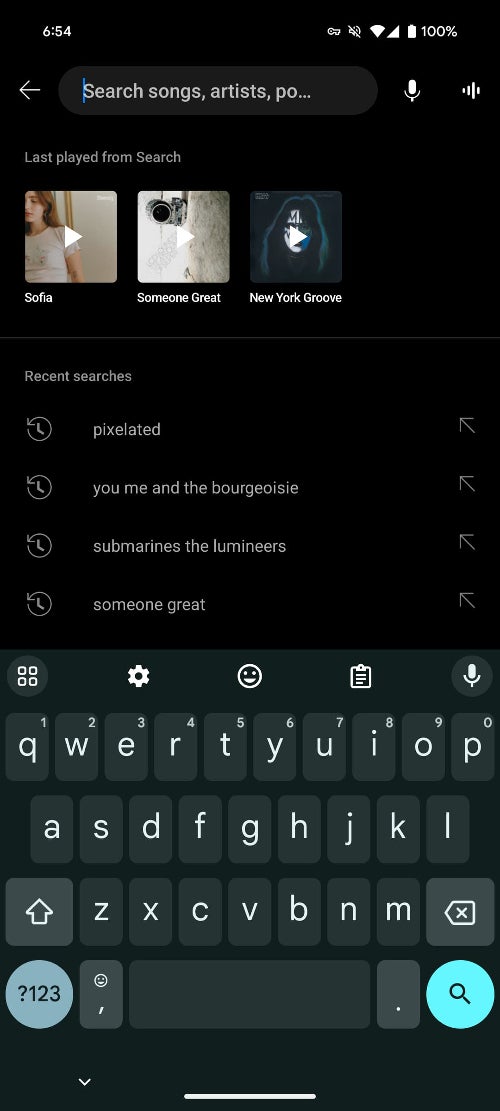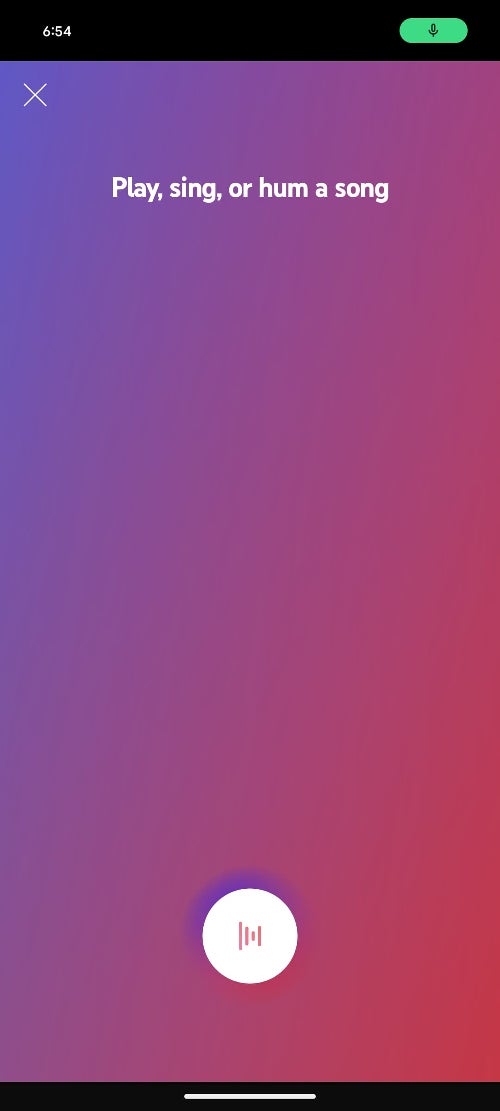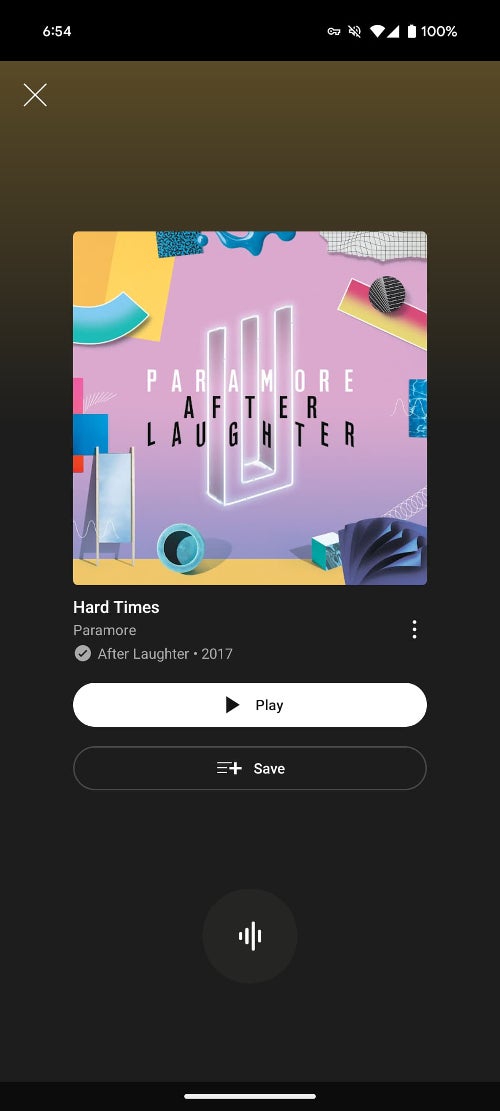New YouTube Music Feature lets you search by singing or humming

YouTube Music is finally rolling out a feature that many users have been eagerly anticipating: the ability to search for songs by singing or humming them. This addition was spotted in the latest version of the app for Android, and it promises to make finding that elusive tune stuck in your head a breeze.
As reported by 9to5Google, the feature has been in testing since March and is now making its way to Android users. Upon tapping the magnifying glass icon in the top right corner of the app, users will notice a new waveform icon alongside the familiar microphone icon for voice search. Tapping the waveform icon opens a search page that invites you to "Play, sing, or hum a song."
As pointed out by the source, this type of feature isn't entirely new to Google's ecosystem, as it was first introduced in Google Search back in 2020 and later integrated into the YouTube app in October of last year. The technology behind it leverages artificial intelligence to match the sounds you make to the original recordings, enabling quick and accurate song identification.
In practice, users have reported that the identification process is remarkably fast. Once the song is recognized, a full-screen results page displays relevant information such as cover art, song title, artist, album, year of release, and even download or offline availability. Convenient shortcuts to play the song or save it to your library are also provided, along with the standard overflow menu for additional options.
This server-side update is currently available in version 7.02 of YouTube Music for Android, but it has not yet been rolled out to iOS devices. While the feature may seem familiar to some, as Google Play Music offered similar functionality in the past, its inclusion in YouTube Music marks a significant step forward in enhancing the user experience.
Credit: 9to5Google
In practice, users have reported that the identification process is remarkably fast. Once the song is recognized, a full-screen results page displays relevant information such as cover art, song title, artist, album, year of release, and even download or offline availability. Convenient shortcuts to play the song or save it to your library are also provided, along with the standard overflow menu for additional options.
Follow us on Google News















Things that are NOT allowed:
To help keep our community safe and free from spam, we apply temporary limits to newly created accounts: